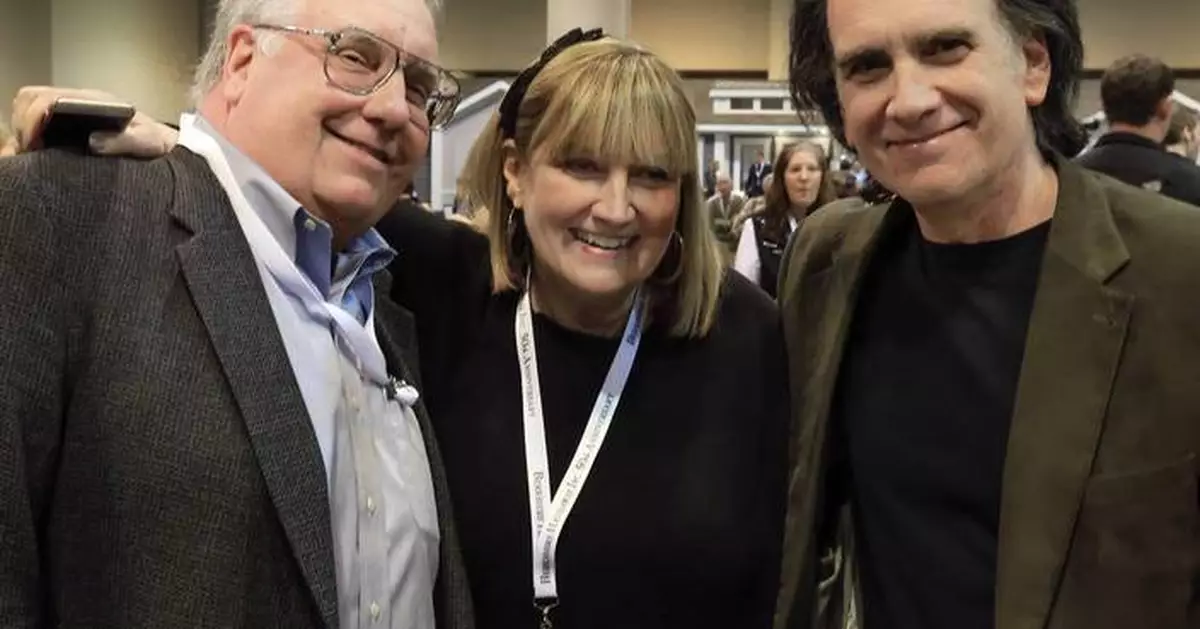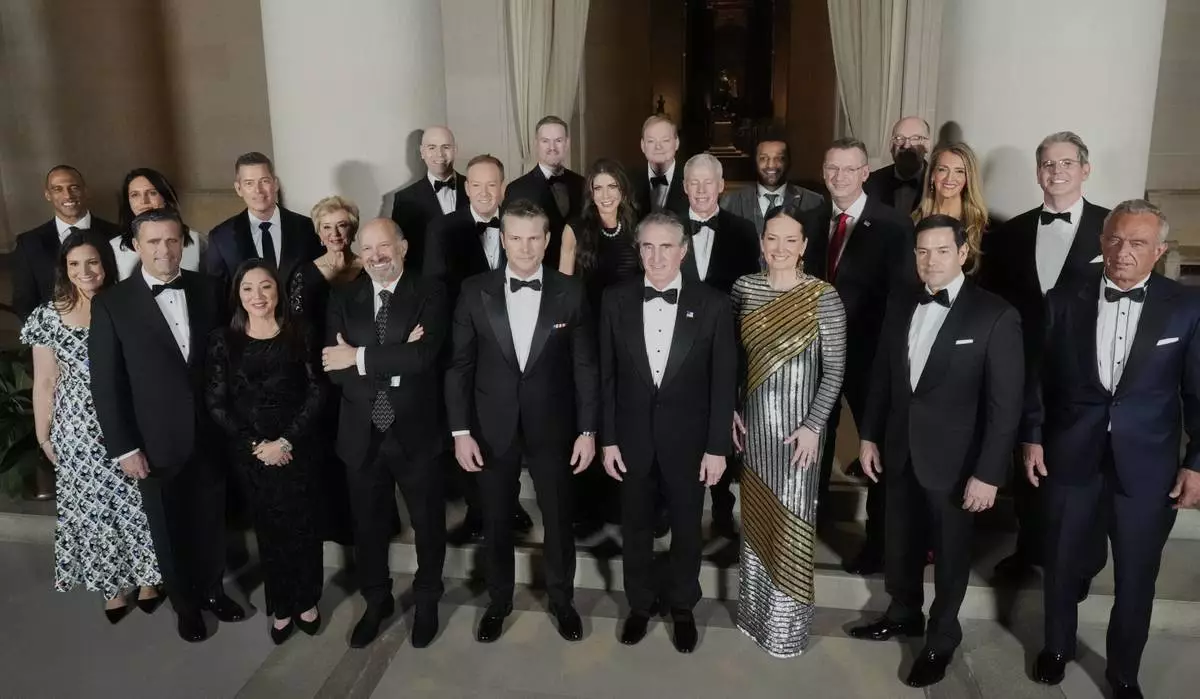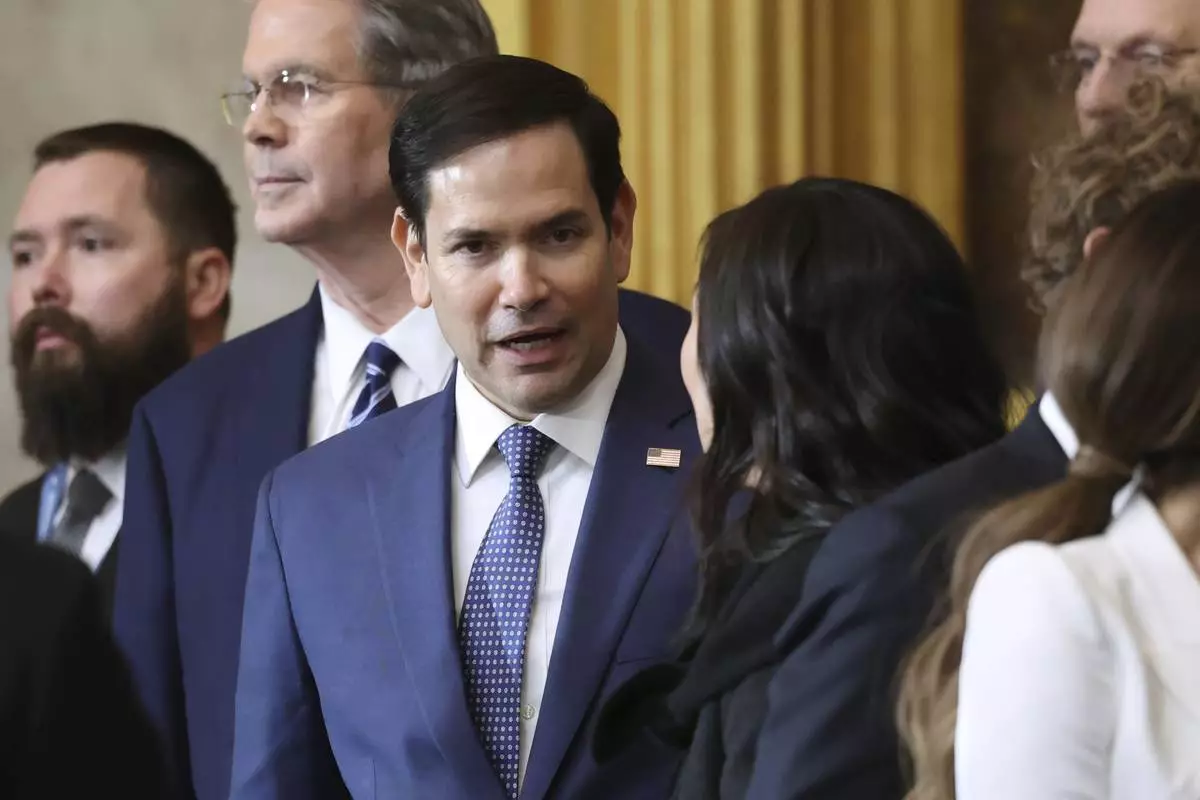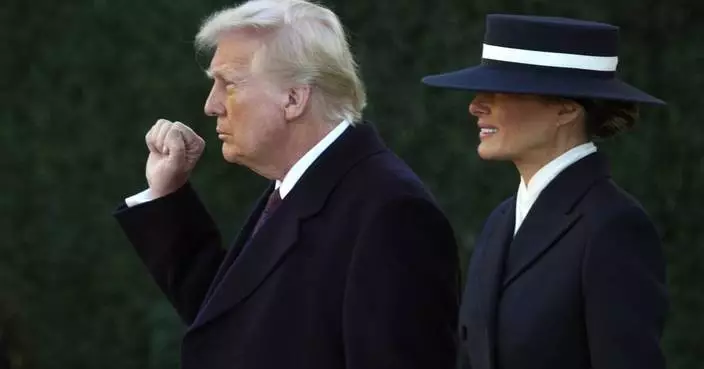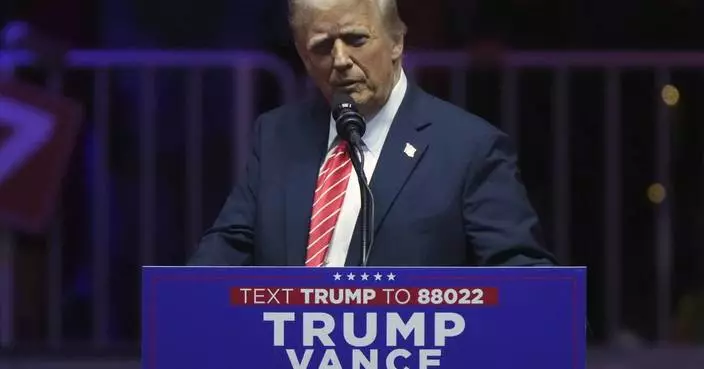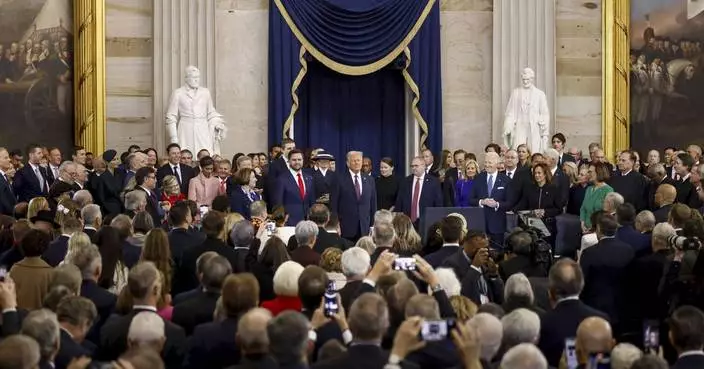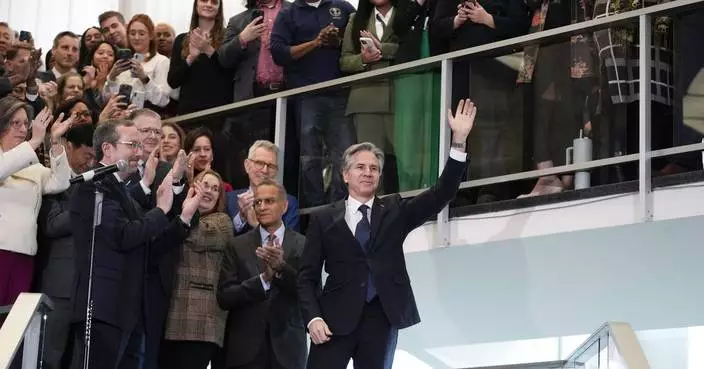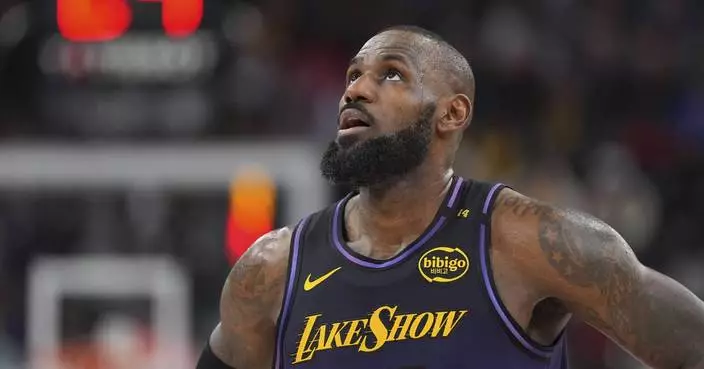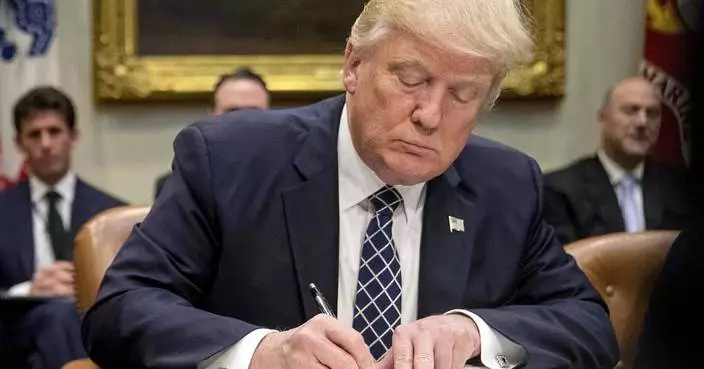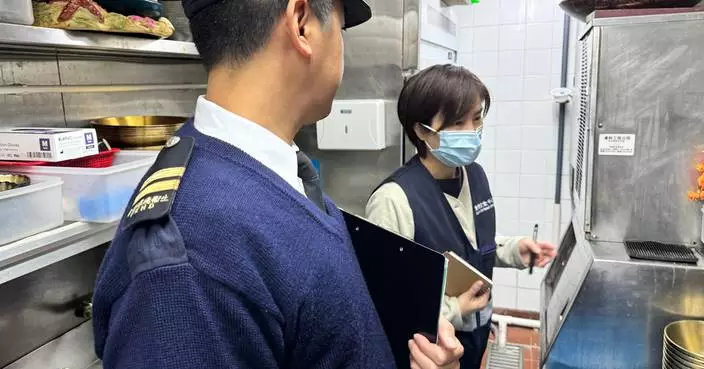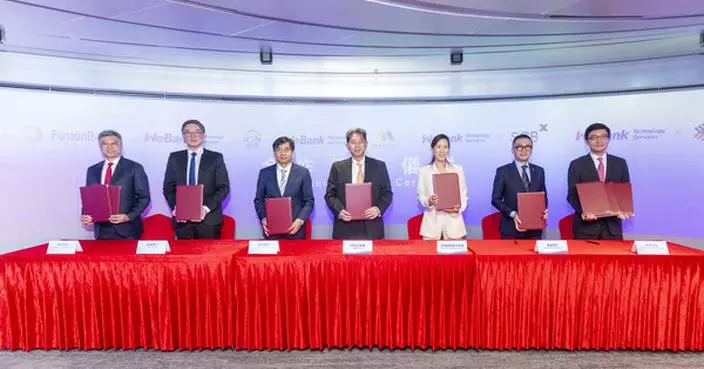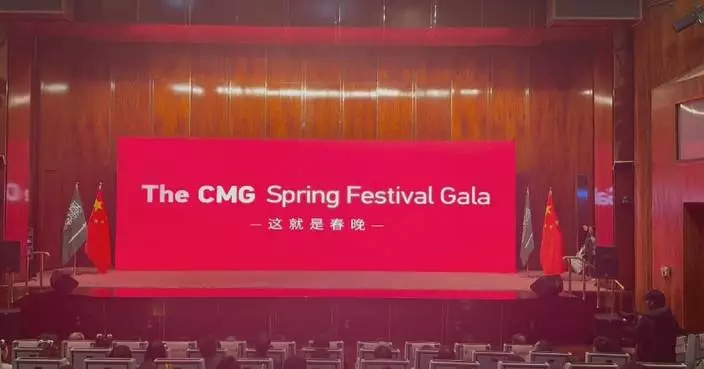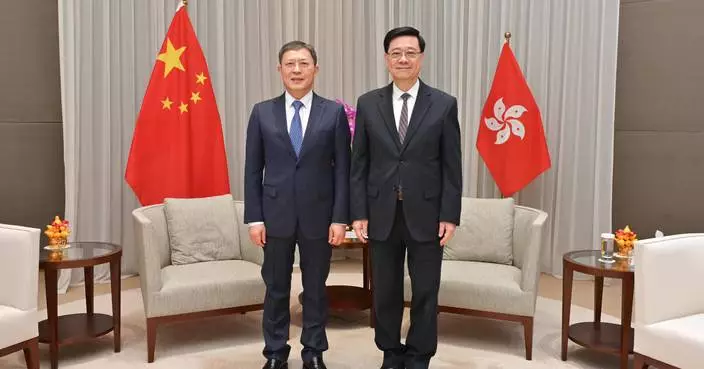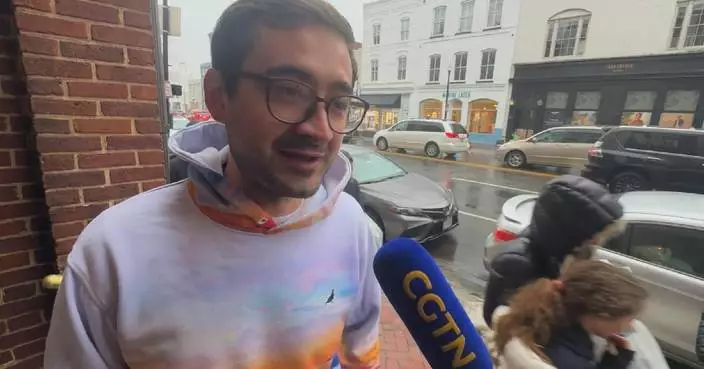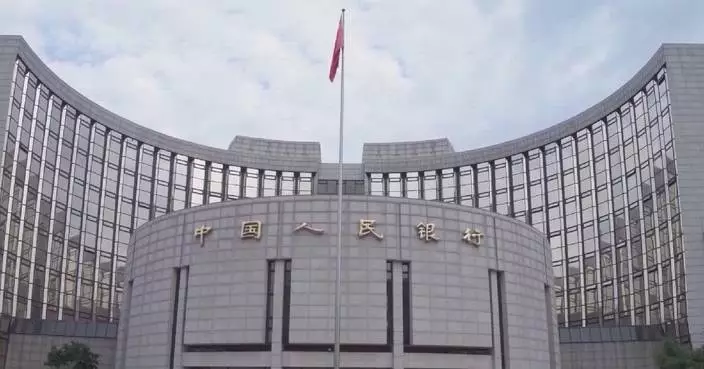OMAHA, Neb. (AP) — Warren Buffett's adult children — Susie, Howard and Peter Buffett — have long track records as philanthropists, giving away more than $15 billion of their dad's money through their foundations since 2006.
But because they don’t habitually seek publicity about their donations, they've flown under the radar as a force within philanthropy.
Now that their father has entrusted them to donate the rest of his fortune following his death, the next generation of Buffetts is poised to become one of the largest donors in the country, tasked with giving away around $144 billion, by today's estimates, within 10 years.
The next generation of Buffetts have supported different causes over the years, but their foundations share some characteristics. They operate with small staffs and when they have spoken publicly about their giving, they talk about taking risks to confront hard problems or fund ventures others might not.
The work of the family's foundations may offer some insight into what they might support and how they might operate when the time comes to give away their fortune.
Named after Warren Buffett's first wife, it has donated $8.4 billion mainly to reproductive health care organizations, according to the charitable grants database Candid. It also funds access to abortion and contraception, granting hundreds of millions over the years to Planned Parenthood affiliates, the National Abortion Federation, and Population Services International, which works outside the U.S.
The foundation has faced criticism from some in the field of reproductive justice who say funding anonymously without a public grant application process perpetuates inequities. Essentially, those who have connections get funded and those who don't, do not. The foundation did not respond to an Associated Press request for comment.
Susie Buffett's ex-husband, Allen Greenberg, is the foundation's president, Susie Buffett is the board chair and Peter Buffett is a member of the board, according to its most recent tax filings.
Susie Buffett's foundation has been a stalwart funder for early childhood education within the U.S.
The foundation's largest grantee is the nonprofit Buffett Early Childhood Fund, of which Susie Buffett is board chair. It has granted hundreds of millions of dollars for research, advocacy, training and support for child care providers.
In 2005, the fund helped found the Alliance for Early Success, which supports state-level advocacy for early childhood education programs. Since then, it's provided “no strings attached” funding without any annual application or report, said Helene Stebbins, its executive director.
“You talk about trust-based philanthropy — and there’s a lot of work being done to encourage philanthropy to go in that direction right now — Susie and the Buffett Early Childhood Fund have been doing it for 20 years,” Stebbins said.
The lion's share of Howard Buffett's grantmaking supports food security and conflict mitigation internationally.
His foundation has supported coffee and cacao farmers in El Salvador and the Virunga National Park in the Democratic Republic of Congo.
A major partner is Catholic Relief Services, which it has funded for at least 15 years to support farmers in Central America.
“Howard was particularly interested in addressing the factors that were driving people to leave rural communities in Central America and Mexico and risk everything to migrate to the U.S. and that’s where our vision really came together,” said Erica Dahl-Bredine, a senior adviser at CRS.
When Russia invaded Ukraine in February 2022, Howard Buffett visited within weeks and reconfigured the foundation’s plans to respond to the humanitarian crisis and impact of the war on agriculture.
“Every time I leave Ukraine to return home, I ask myself the same question: If we do not stand with Ukraine as they fight to defend their freedom, then what value do we place on our own freedom?” he wrote in the foundation's 2023 report.
For many years, Peter Buffett and his wife, Jennifer, focused their grantmaking on supporting girls around the world, including the “Girl Effect,” campaign with the Nike Foundation. They also supported the use of social-emotional learning in schools.
In 2020, they made a major change in strategic approach, laying off a significant part of their staff and spinning off or planning to wind down much of their funding supporting girls rights and combating gender-based violence. The decision elicited a strong reaction from groups that felt the foundation had betrayed their trust, though it remains a significant philanthropic supporter of girls, especially Black girls and other girls of color.
“We had to make very difficult decisions around what was creating meaningful change and what was fighting against a system that appeared futile,” Peter Buffett wrote in an email to the AP. “We were also always concerned about dependency on a single funder and we’re happy to see other funders coming into the field.”
Since 2022, the foundation has increased its support for Native American organizations, which Peter Buffet has been interested in since he composed some of the music for the film “Dances With Wolves” and wrote the score for the miniseries “500 Nations.” His foundation now also funds projects like a community farm, grain mill and radio station near Kingston, New York, where Peter and Jennifer Buffett live, as part of its support for sustainable, local communities.
Associated Press coverage of philanthropy and nonprofits receives support through the AP’s collaboration with The Conversation US, with funding from Lilly Endowment Inc. The AP is solely responsible for this content. For all of AP’s philanthropy coverage, visit https://apnews.com/hub/philanthropy.
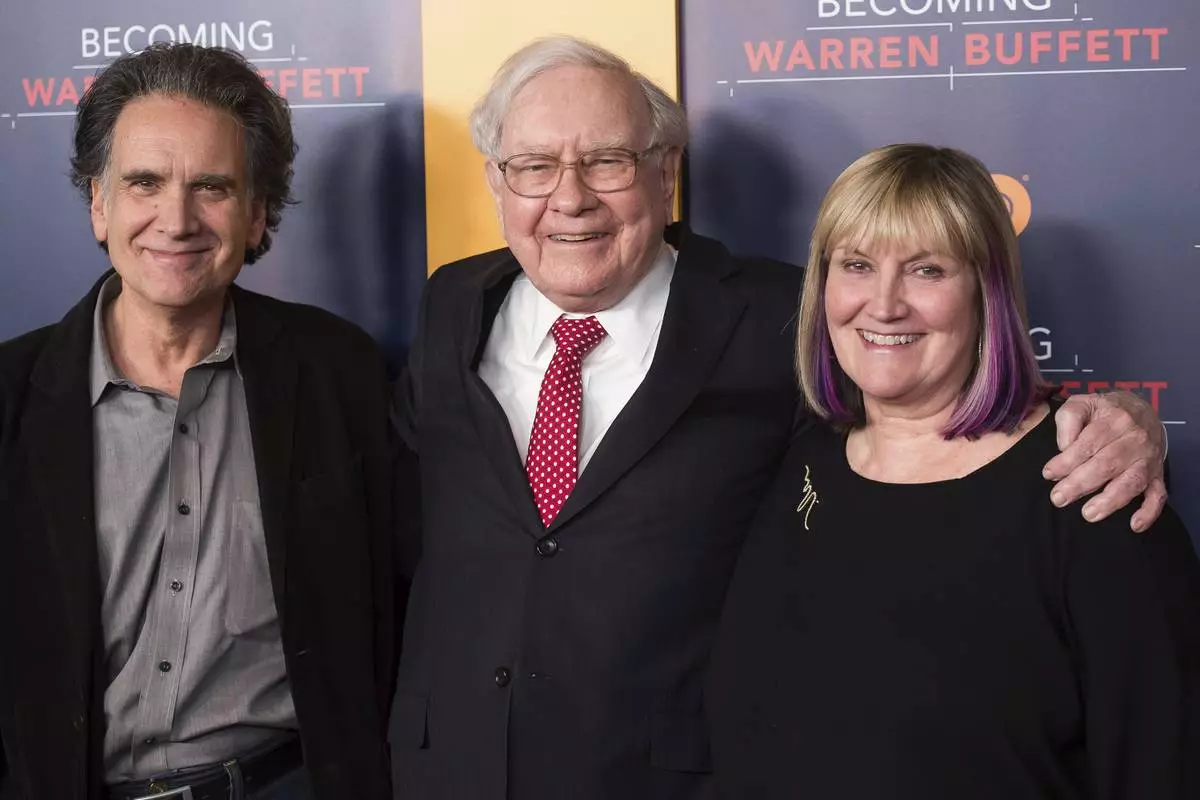
FILE - Peter Buffett, left, Warren Buffett, center, and Susie Buffett attend the world premiere screening of HBO's "Becoming Warren Buffett" at The Museum of Modern Art on Jan. 19, 2017 in New York. (Photo by Charles Sykes/Invision/AP, File)

In this undated photo, Philanthropist Howard Buffett, who will help distribute his dad Warren Buffett’s fortune after his death, takes pictures in Donetsk Oblast, Ukraine, during one of his many trips to Ukraine since Russia invaded that country. (Oles Maliarevych via AP)
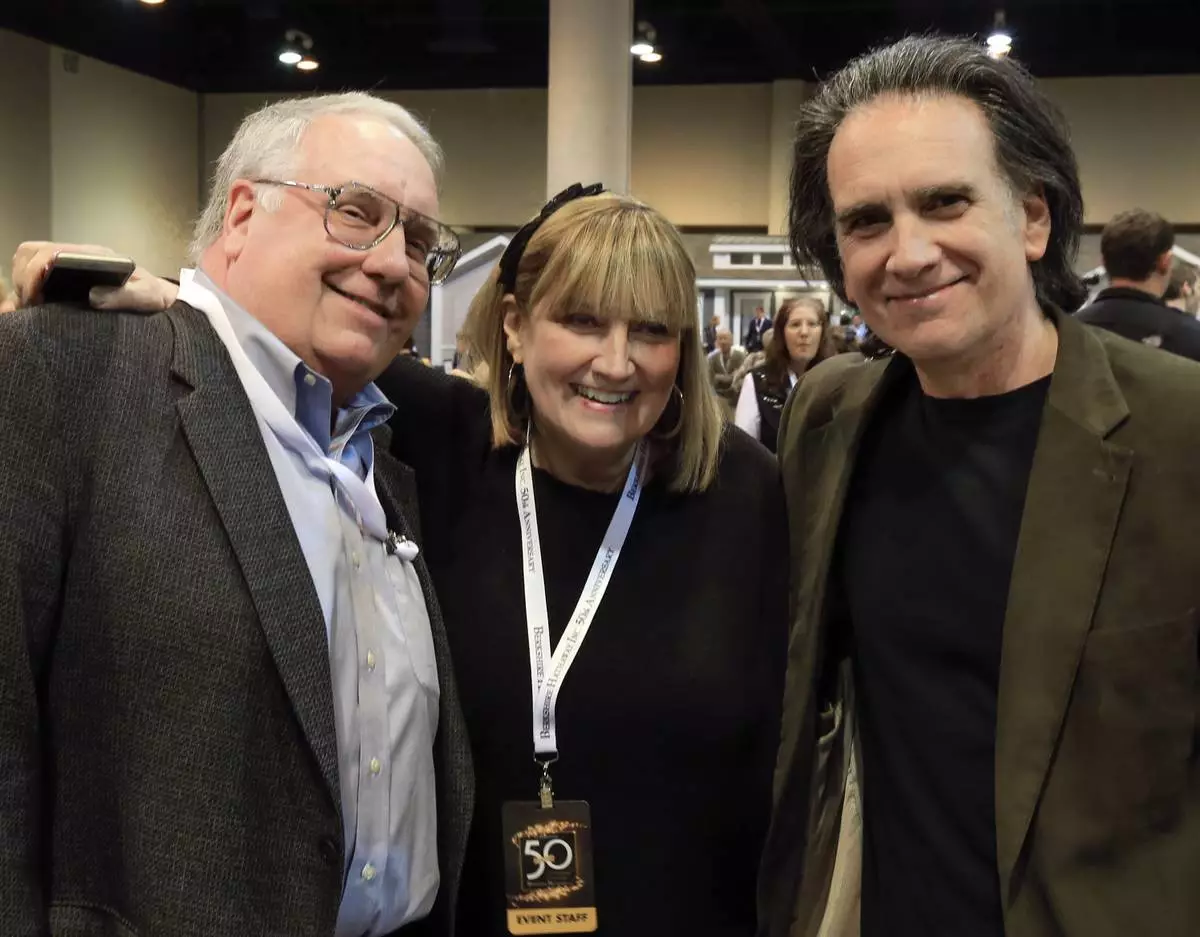
FILE - The children of Berkshire Hathaway Chairman and CEO Warren Buffett, from left, Howard Buffett, Susie Buffett, and Peter Buffett, pose for a photo at the CenturyLink Center exhibit hall in Omaha, Neb., May 1, 2015. (AP Photo/Nati Harnik, File)


